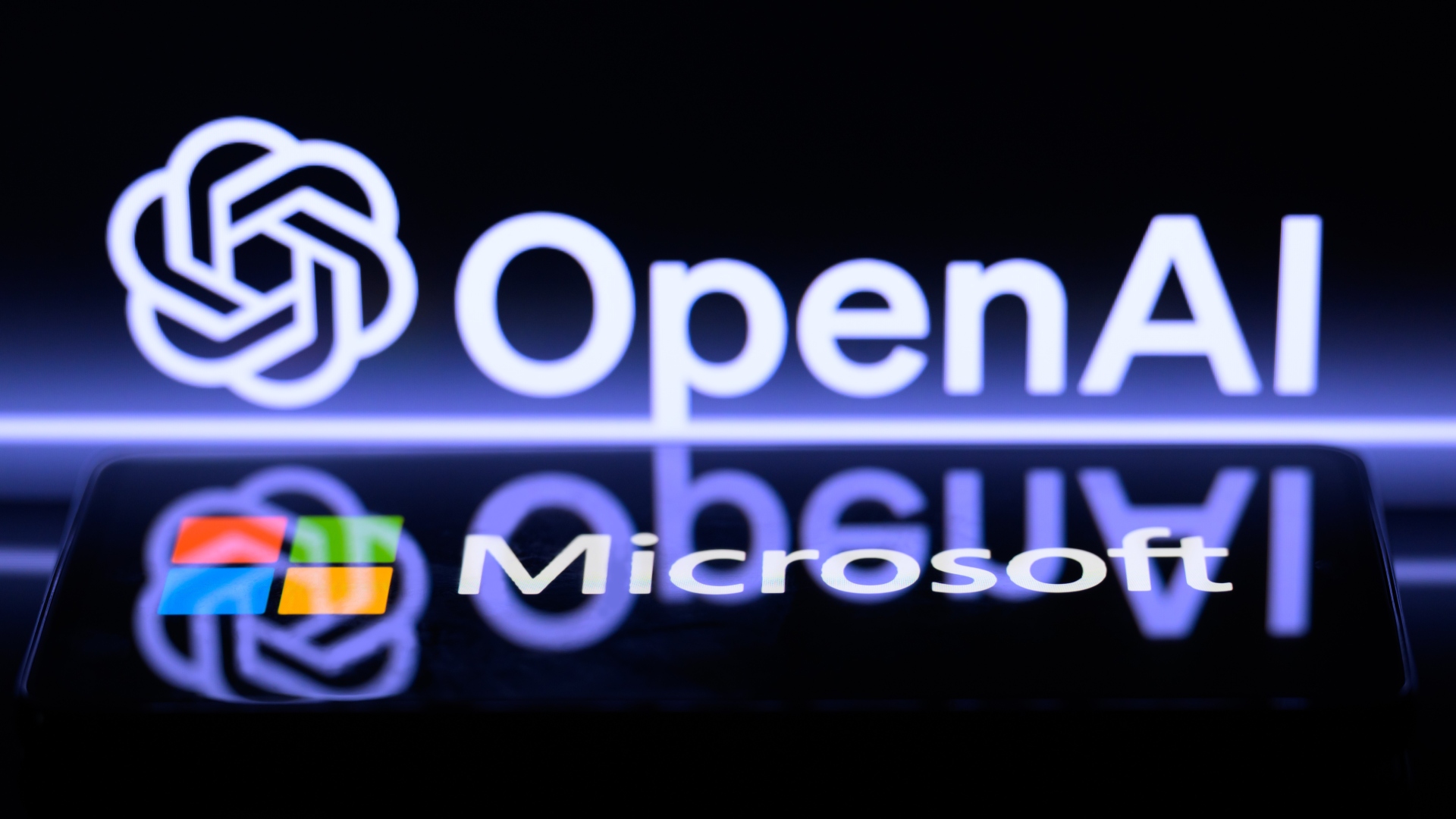T4K3.news
Meta does not sign EU's AI code of practice
Meta announced its refusal, describing the guidelines as over-reach, raising concerns about regulatory impacts.
Meta's refusal highlights tensions over AI regulation in Europe.
Meta rejects EU's AI code of practice
Meta announced on Friday that it will not sign the European Union's AI code of practice, which aims to provide a regulatory framework for artificial intelligence in the EU. Joel Kaplan, Meta's Chief Global Affairs Officer, criticized the guidelines as "over-reach," suggesting they create legal uncertainties for AI developers. The code is voluntary, meaning Meta is not obligated to sign it. However, it seems to highlight Meta's ongoing opposition to the EU's AI regulations, which the company has previously deemed excessive. In response, Kaplan stated that the EU is heading in the wrong direction regarding AI policy. Earlier this year, Meta described the AI Act as stifling innovation and noted that not signing the code could expose the company to greater regulatory scrutiny. The EU's code, published on July 10, sets out clear guidelines to ensure compliance with the AI Act and offers protection to companies that follow it, which Meta has chosen to forego.
Key Takeaways
"Europe is heading down the wrong path on AI."
Joel Kaplan critiques the EU's AI code, signaling Meta's opposition to existing regulations.
"This Code introduces a number of legal uncertainties for model developers."
Kaplan's statement reflects Meta's concerns about the practical implications of the EU's guidelines.
"The net result is that products get delayed or watered down and consumers suffer."
Meta's criticism points to the potential negative impact of stringent regulations on innovation.
Meta's decision not to sign the EU's AI code of practice illustrates the growing rift between tech giants and European lawmakers. The pushback from companies like Meta reflects a broader debate over how to effectively regulate technology without stifling innovation. With its critique of the guidelines, Meta not only cements its stance against EU regulations but also signals a willingness to challenge these frameworks publicly. The implications are significant as this could pave the way for similar responses from other tech companies, potentially leading to stricter enforcement from European regulators. This ongoing tension reveals a complex landscape where companies must navigate legal repercussions while maintaining their innovation agenda.
Highlights
- Europe is heading down the wrong path on AI.
- This Code introduces legal uncertainties for model developers.
- Meta believes regulations go too far and stifle innovation.
- Not signing this code may expose Meta to more scrutiny.
Concerns surrounding regulatory backlash
Meta's refusal to sign the EU's AI code may lead to increased scrutiny and potential penalties for the company. This ongoing conflict reveals larger tensions between tech companies and regulatory bodies regarding efficient oversight and innovation.
This ongoing conflict will shape future AI regulations in Europe.
Enjoyed this? Let your friends know!
Related News

Meta refuses EU AI guidelines

Meta rejects EU's AI code of practice
EU issues new guidelines for AI model providers

Website plugin rebuilt with ChatGPT assistance

Elon Musk's xAI signs significant Pentagon contract

Tensions rise in Microsoft-OpenAI partnership

Zuckerberg Announces AI Advancements
